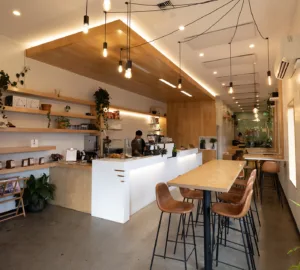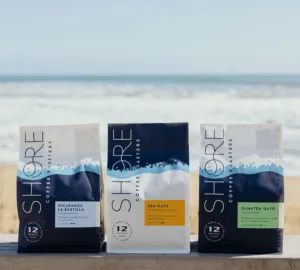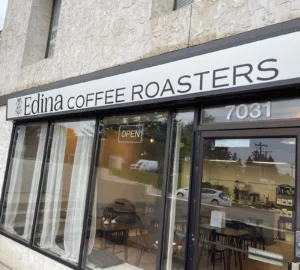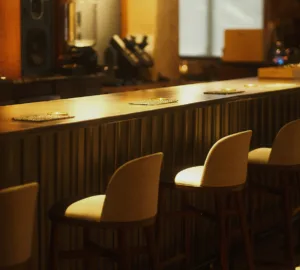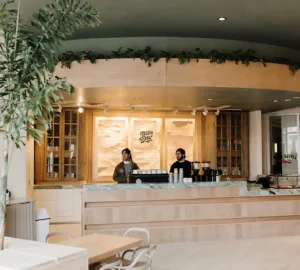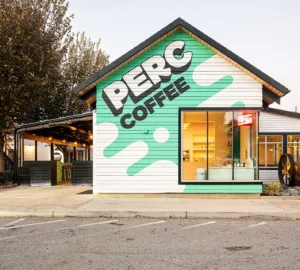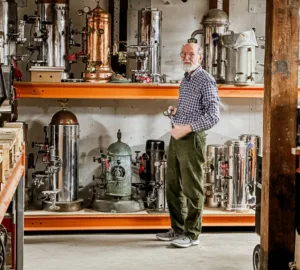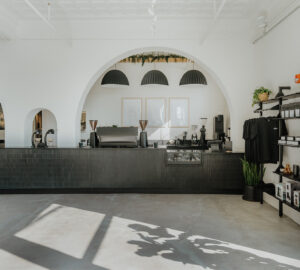Chris Schooley knows a thing or two about sourcing and roasting coffee–he was one of the founders of Coffee Shrub, a boutique coffee sourcing out-growth of Sweet Maria’s, the pioneering home-roaster green coffee supply outfit, and he has been deeply involved in the trade bodies like the Roaster’s Guild, the Rocky Mountain Craft Coffee Alliance, and the SCAA.
Recently, Schooley’s focus has been expanding to the intersection of the coffee and beer worlds, what he calls an “organic relationship between two craft beverages.” This doesn’t mean he’s just working on another coffee roastery/beer brewery collaboration though–he’s been forging partnerships between the RMCCA and the Colorado Brewer’s Guild (CBG), and is gearing up to launch his newest side project, Troubadour Maltings, a small-batch maltery and malt roaster focused on transparent, local sourcing of premium barleys.
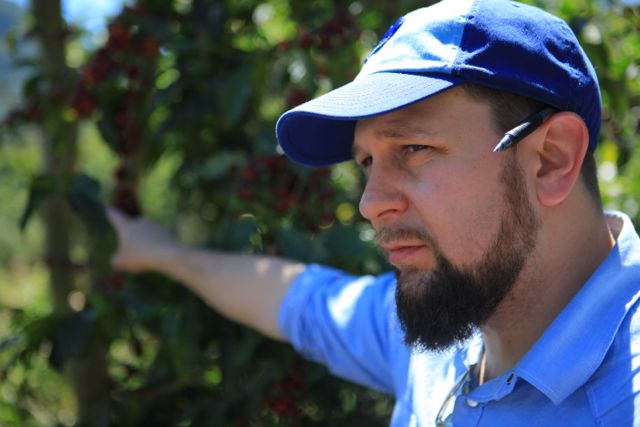
Schooley has had a big interest in brewing for quite awhile, and sees a lot of overlap between the two industries’ basic sets of concerns, and much that they can learn from each other. Like with coffee and the culinary and spirits worlds, there’s been an increasing push for collaboration and cross-pollination between coffee roasters and brewers. Recently, members of the Roaster’s Guild have been putting on events with breweries, including one between the RMCCA and the Colordao Brewer’s Guild that Schooley helped organize. “It’s about shared experiences,” Schooley says. “We want to encourage consumer education in our events. Something as simple as a pairing, teaching people why things taste good together, can go a long way.”
Schooley sees the events as having a lot of educational potential for the roasters as well. He says that often “the coffee community is miserable at consumer outreach, as where craft beer is really good at that.” One area where he sees that being a particular issue is in the marketing messaging that coffee can use to communicate its value to customers. To him, it can seem like roasters are saying “everything that makes [coffee] interesting is from a faraway place, all the farm information.” Echoing a point raised by Kristen Orser-Crouse in her recent piece on the Good Food Awards, Schooley worries that coffee companies are “not celebrating the value that we add to the product locally.” This idea of telling end to end stories of sustainability and craft production is something that could potentially help consumers better appreciate the specialty products they consume as the endpoint of a large and involved agricultural and manufacturing apparatus, and hopefully as products that are consequently worth paying more for.
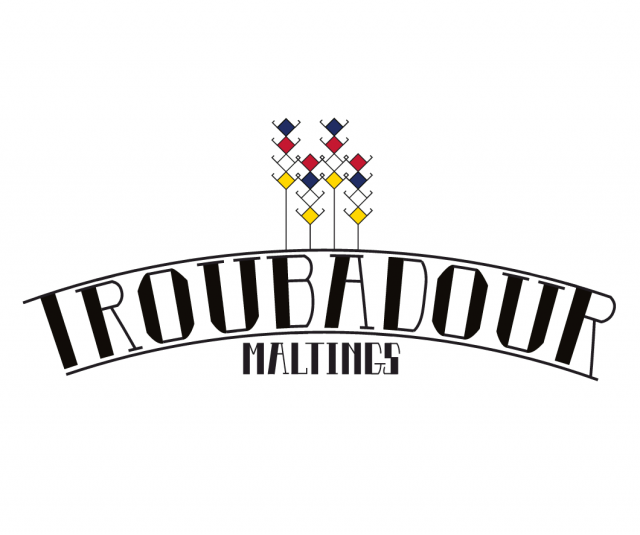
Schooley is intimately aware of the agricultural apparatus behind coffee and how it can be improved thanks to his work with Coffee Shrub, and he’s going to be applying that perspective to the beer industry with his newest project. Troubadour Maltings will join a small but growing national trend of craft brewing and distilling folk extending their quality focus to the grains they use as a base. Traditionally the barley used in these processes has been provided by agricultural conglomerates like Cargill, or in the case of Anheuser-Busch InBev and some other large brewers, through direct contracts with farms to grow their own trademarked barley varieties. Troubadour Maltings will be working with independent farmers to process and distribute higher-quality non-trademarked varieties to local breweries and distilleries.
Troubadour Maltings will be based in Fort Collins, CO, a town of about 145,000 people that boasts three distilleries and nine breweries, plus another five breweries opening this year. Much of the farmland surrounding Fort Collins is growing barley, and Schooley wants the area breweries and distilleries to be able to take their local focus to the next level via Troubadour Maltings’ transparent, direct sourcing practices. “Transparent, direct sourcing practices” should sound darn familiar to anyone has been following the specialty coffee zeitgeist in the last five years–those goals have been touchstones for specialty roasters seeking to differentiate themselves and encourage higher quality at all steps of production, and Schooley said it was a very obvious step for him to apply this approach to alcohol’s agricultural side.
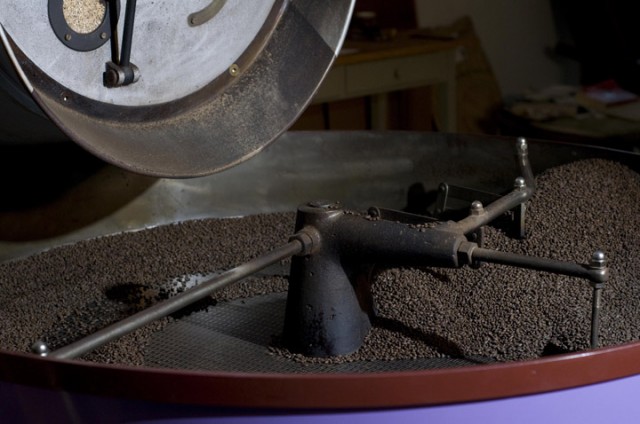
Trade and agricultural concerns are not the only similarities between coffee and malt barley–most beers contain about 10% of what is known as “specialty malts”, which are malts that have been roasted. Though the lower density of barley compared to coffee means that the roasting process is a longer one (about an hour), the equipment used to roast barley is very similar to coffee roasters. In fact, Probat Burns, the largest manufacturer of coffee roasters, is also one of the largest manufacturers of barley roasters, and according to Schooley, some of the old roasters from Gothot and other manufacturers were adapted from barley roaster designs.
Schooley will be the one doing the roasting at Troubadour Malting, though his first love and focus remains coffee and the work he does with Coffee Shrub, the SCAA and other organizations. To help make the project a reality, Schooley has decided to partner with a family friend who is a working chemist and avid homebrewer. They are currently hunting for a space and hope to start production this summer, so that they can be ready sign contracts with farmers for the harvest next fall.
Alyssa Snow Taves (@allyssa_c) is a writer based in Minneapolis. This is her first feature for Sprudge.com.
With additional reporting by Sprudge.com assistant editor Alex Bernson.



















